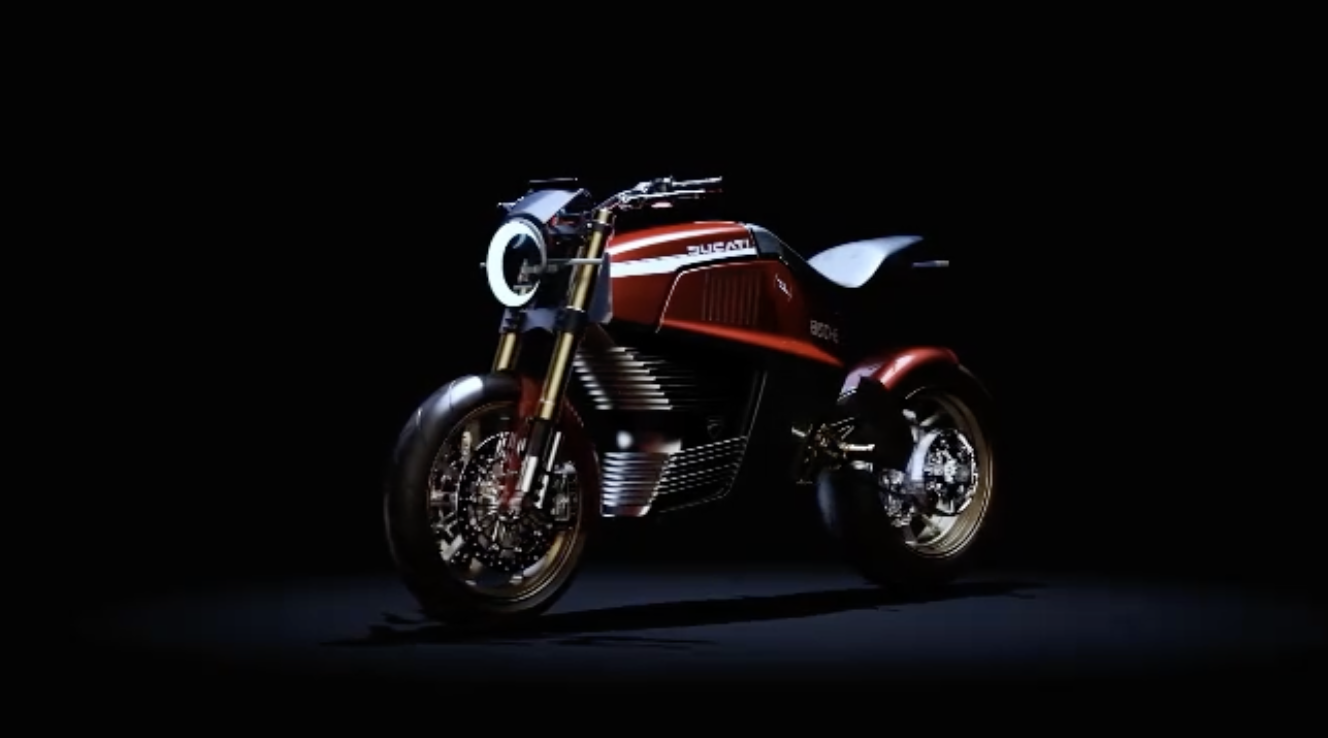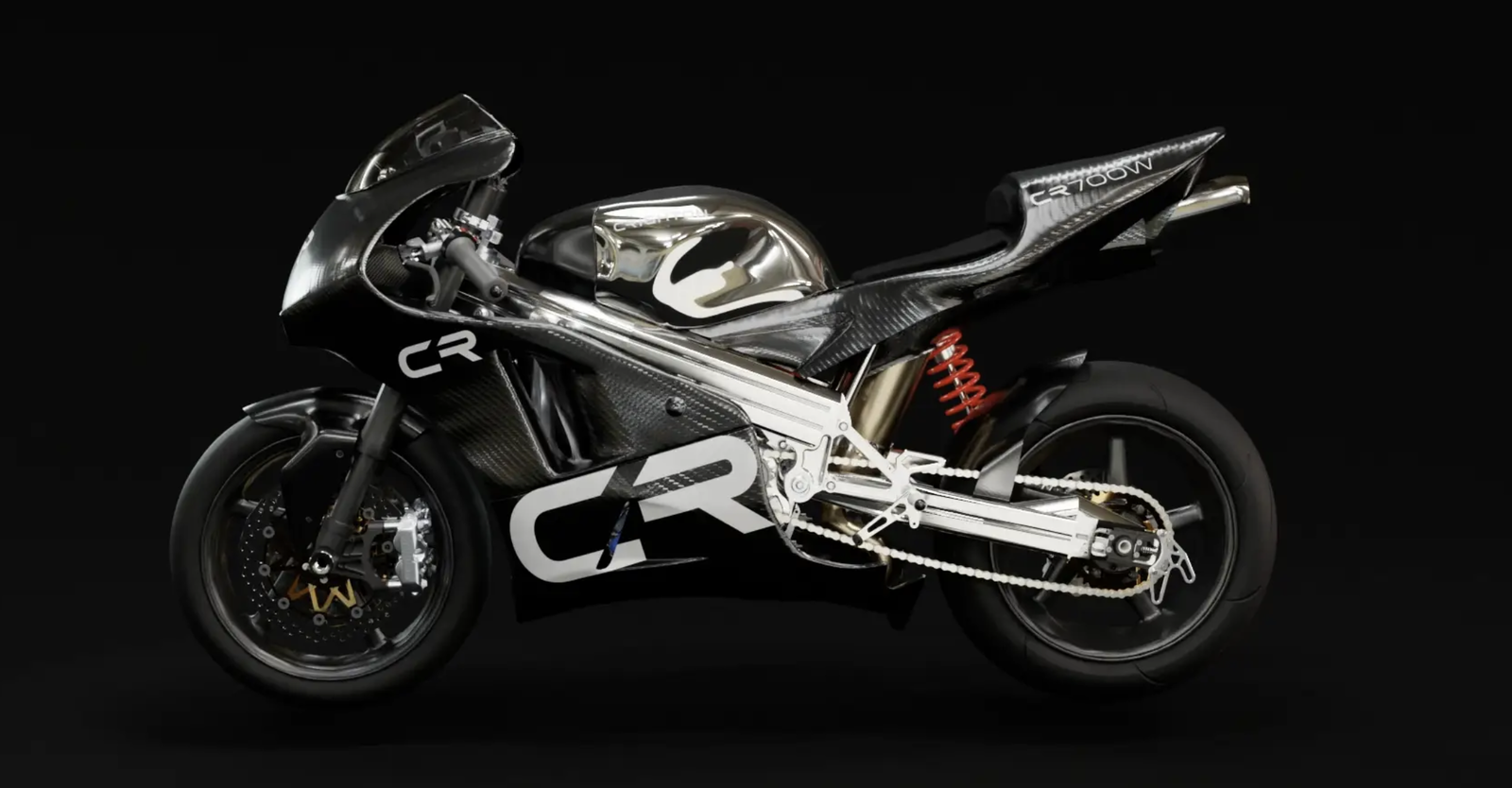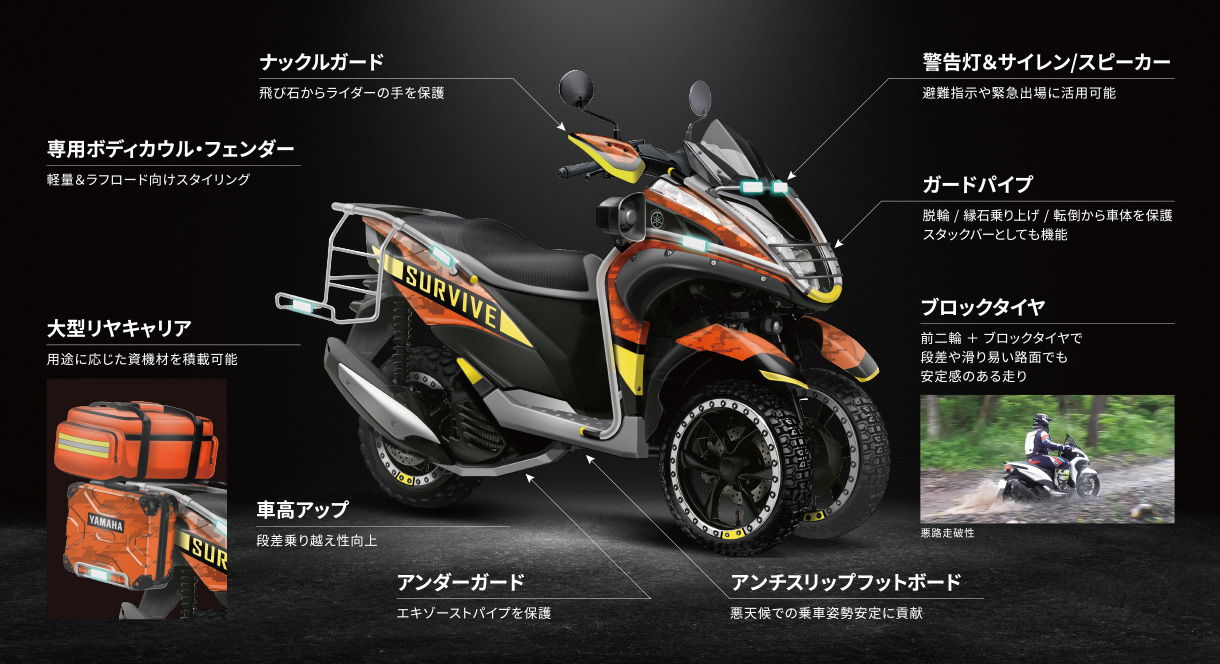Ducati MotoE bike unlikely to make production, first public EV still years away
The Ducati MotoE electric motorcycle will be built purely for racing rather than adapted for the public, CEO Claudio Domenicali says

Ducati CEO Claudio Domenicali says the Italian company is committed to integrating electric motorcycles into its range now having initially dismissed the notion, but admits it will be several years before it launches its first roadgoing EV.
The Italian marque shocked the paddock by being announced as the new control supplier for the MotoE World Cup in place of Energica, where it will develop an electric-powered prototype in a sportsbike silhouette for the entire field from 2023.
The news came as a bombshell for many due to Ducati’s firm stance on the prospect of fossil fuels being phased out in favour of electric in previous years, even if it had shown signs of a softening positioning with the recent commissioning of a Italdesign-penned Ducati 860 EV reboot design study.
However, Domenicali says MotoE represents a unique opportunity to both lend gravitas to the MotoGP-supporting MotoE World Cup, while also giving it a platform from which to develop and research future electric Ducati models.
“Ducati is always focused on the future, and every time it enters a new world, it does so to create the best-performing product possible,” Domenicali told Cycle World.
“The agreement with Dorna, the MotoGP rights holder, comes at the right time for Ducati, which has been studying the situation of electric powertrains for years, because it will allow us to experiment in a well-known and controlled field like that of racing competition.
“Other manufacturers have already walked this path. At Ducati we have been thinking about it for a while. Now the time is right to study and prepare this transition.”

First electric Ducati still several years away
While the current MotoE control model is the roadgoing Energica Ego, the Ducati MotoE entry will be built from scratch as a race bike foremost, with Domenicali admitting it won’t necessarily form the basis of a production version, with the first EV model likely to be a naked instead.
Even so, while the MotoE machine is set to hit the track in a matter of months, Ducati’s first EV won’t come for several years yet, with Domenicali expecting it to come towards the end of the decade.
“We want to build a racing bike and develop the technology. This doesn’t mean that we will necessarily do a replica of the racing bike. We could do a naked, for example. The target is to develop technology and know-how.
“The idea is to transfer experience gained in the world of racing to production bikes, but to see the first Ducati electric bike with the characteristics we want, I think we have to wait some years. Let’s say between 2025–2030, but more toward 2030, because we know that lithium technology is evolving quickly.”
Domenicali adds the biggest challenge facing Ducati will be to ensure weight is kept down so it remains in-keeping with the firm’s sportsbike DNA.
“At this moment we don’t want to mention the technical specifications, but we have fixed our goals.
“ We will work to make available to all participants of the FIM Enel MotoE World Cup bikes that are high-performance and characterized by lightness.
“It is precisely on weight, a fundamental element of sportbikes, that the greatest challenge will be played out.
“Lightness has always been in Ducati’s DNA, and thanks to the technology and chemistry of the batteries, which is evolving rapidly, we are convinced that we can obtain an excellent result.”







